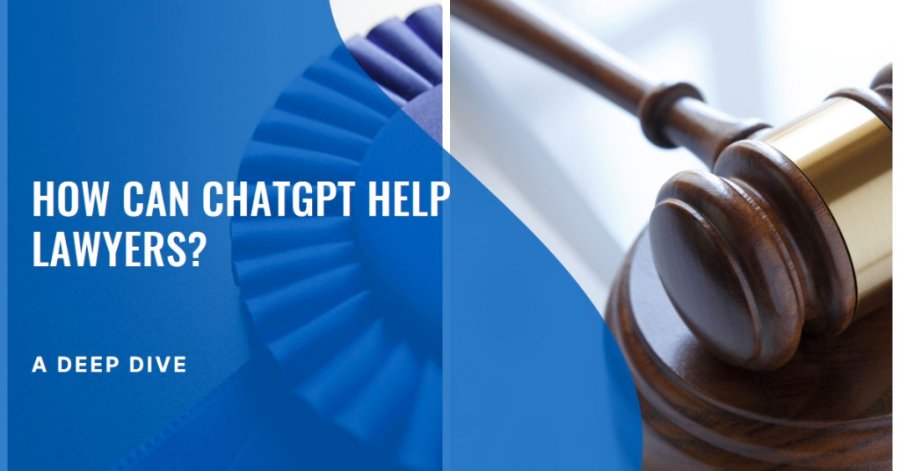How Can ChatGPT Help Lawyers? A Deep Dive

Artificial Intelligence (AI) has been making significant strides in various industries, and the legal field is no exception. One of the most talked-about AI tools in recent times is ChatGPT, developed by OpenAI. This AI-powered chatbot has been making waves due to its ability to generate human-like responses to questions and carry out research. But the question that has been on everyone's mind is, "How can ChatGPT help lawyers?" This article aims to delve into this topic, drawing insights from various authority websites.
The Capabilities of ChatGPT
ChatGPT is a large language model that can generate plausible-sounding but sometimes incorrect answers. It has the ability to analyze vast amounts of data and provide relevant information. This makes it a potentially valuable tool for lawyers, especially in tasks such as legal research and document generation. It can help lawyers analyze large amounts of legal data more efficiently and accurately, identifying patterns and drafting documents accurately and efficiently.
Legal Drafting and Document Generation
One of the primary ways ChatGPT can assist lawyers is in the area of legal drafting. By using machine learning to analyze legal documents, ChatGPT can suggest language for contracts, briefs, and other legal documents. This can save lawyers time and ensure that documents are drafted accurately and efficiently. It can also help improve legal writing skills by providing suggestions for clearer and more concise language.
Legal Research
Another significant area where ChatGPT can assist lawyers is in conducting legal research. It can provide lawyers with relevant case law, statutes, and regulations. This can be particularly useful in complex cases where vast amounts of data need to be analyzed and relevant information needs to be extracted.

Client Engagement and Marketing
ChatGPT can also be used to increase client engagement and for marketing purposes. It can provide valuable insights into legal topics, helping lawyers to quickly digest complex information. This can be particularly useful in client interactions, where lawyers need to explain complex legal concepts in a way that clients can easily understand.
The Limitations of ChatGPT
While ChatGPT has impressive capabilities, it's important to note that it is not a human lawyer. It lacks the nuance necessary to create consistently accurate responses, and it cannot provide legal advice. Legal advice requires an understanding of the law, the ability to apply it to specific circumstances, and a duty of care to the client, all of which are beyond the capabilities of ChatGPT.
The Impact on the Legal Profession
The integration of AI tools like ChatGPT into the legal profession could lead to significant changes. It could potentially reduce costs, improve productivity, and provide access to broader sources of information. However, it also presents potential risks, including accuracy, copyright, and liability issues. Lawyers must familiarize themselves with ChatGPT’s Privacy Policy and Terms of Use before using the service.
The Verdict
So, how can ChatGPT help lawyers? The consensus among experts seems to be that while it can be a valuable tool for lawyers, ChatGPT cannot replace lawyers. The unique skills and responsibilities of lawyers, such as critical thinking, creativity, advocacy, negotiation, and ethical obligations, cannot be replicated by AI. ChatGPT should be seen as a tool to assist lawyers, not replace them. People in legal fields can adapt this new technology by learning how to create better prompts and practice the ChatGPT prompts for attorneys.
Conclusion
The advent of AI tools like ChatGPT presents both opportunities and challenges for the legal profession. While they can help streamline certain tasks and improve efficiency, they cannot replace the unique skills and responsibilities of human lawyers. As we move forward, it will be crucial for legal professionals to understand and adapt to these technologies, using them responsibly to enhance their practice.
More to Read:
Previous Posts:



